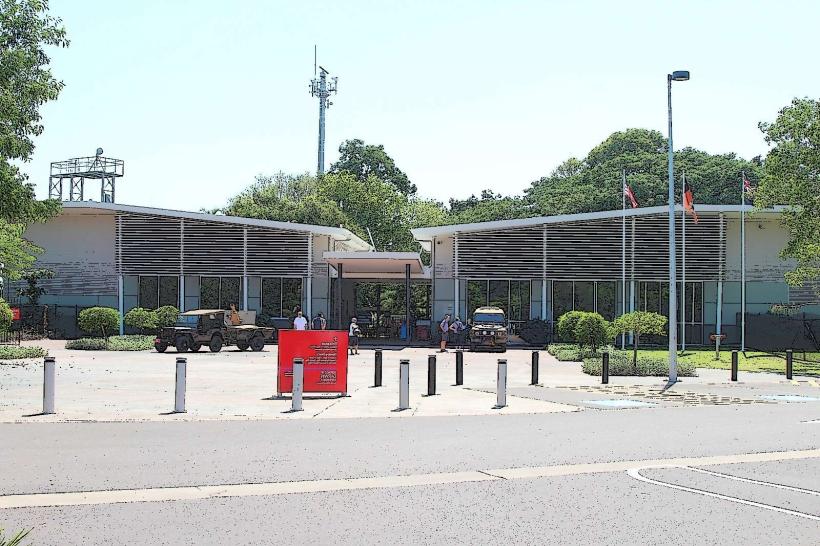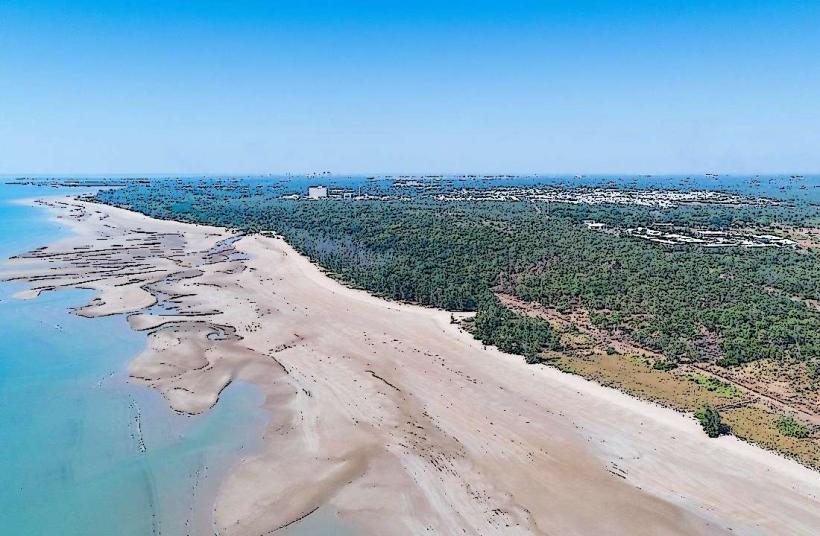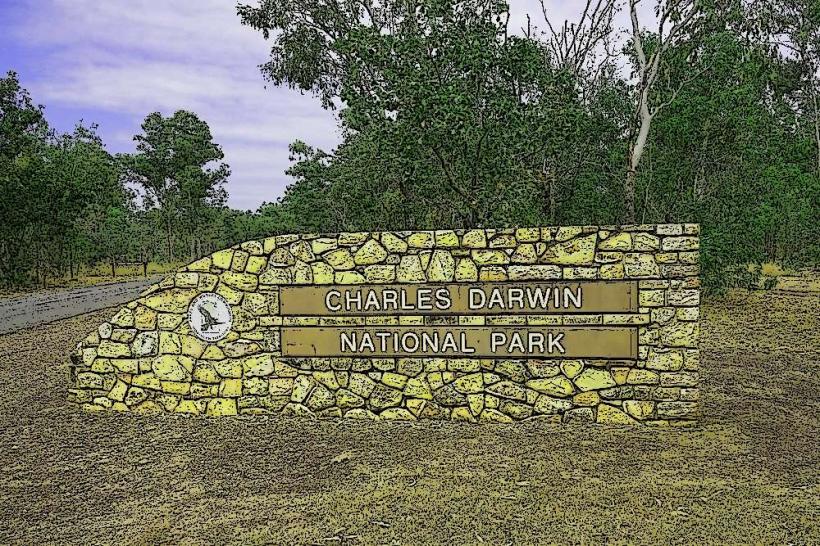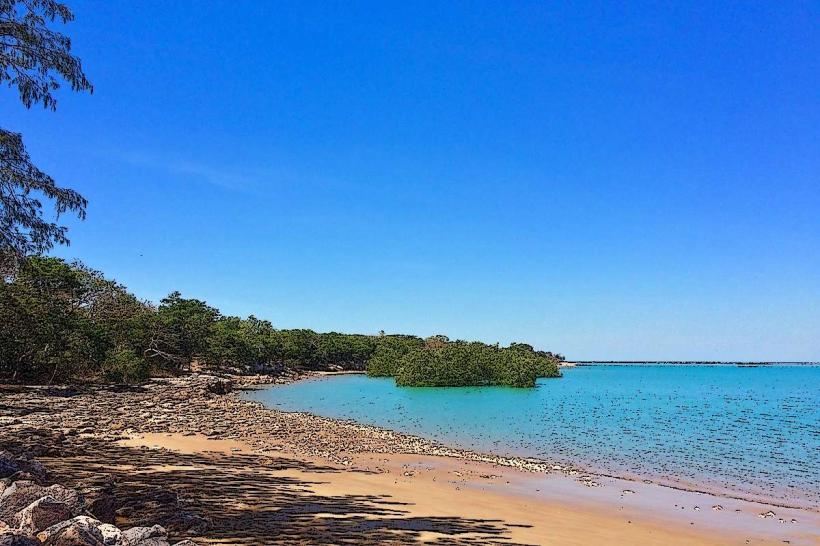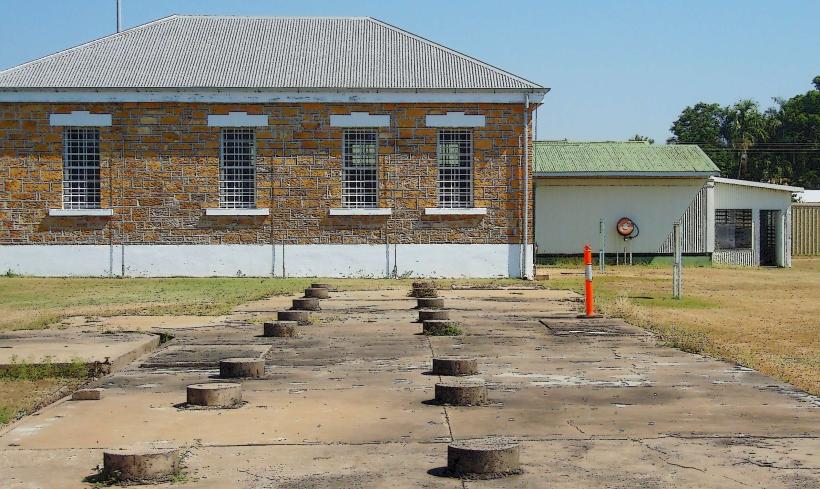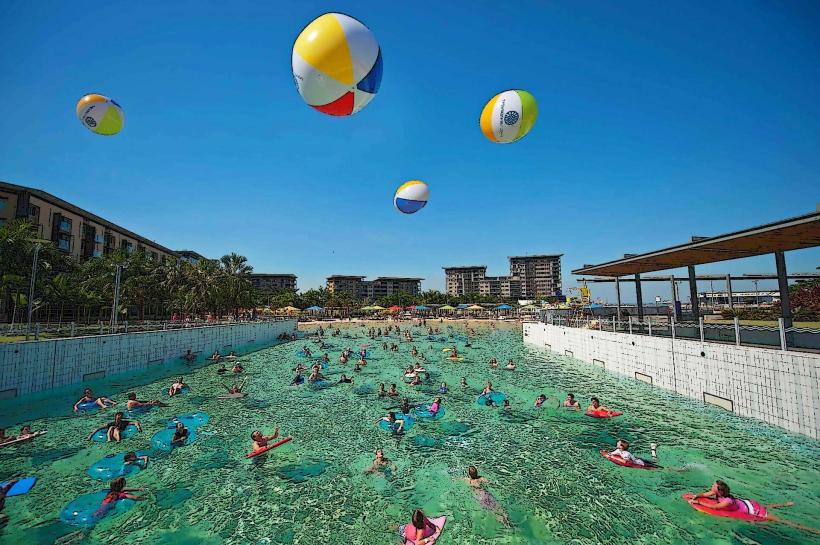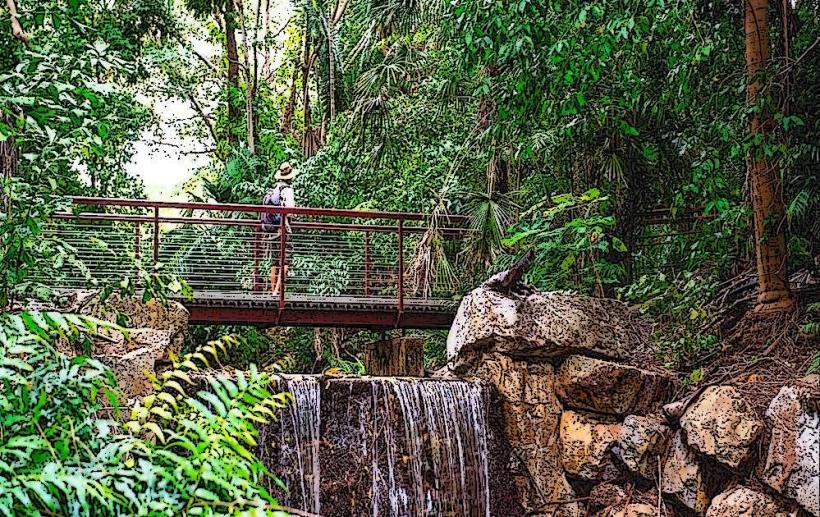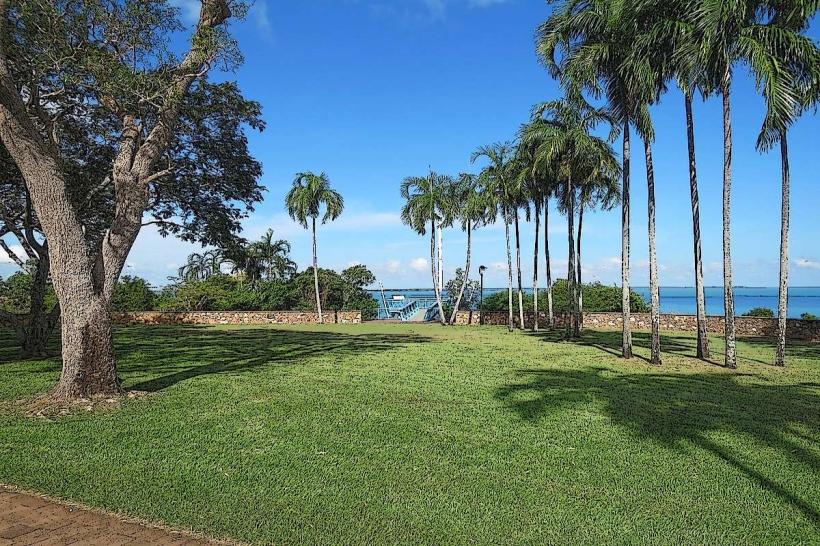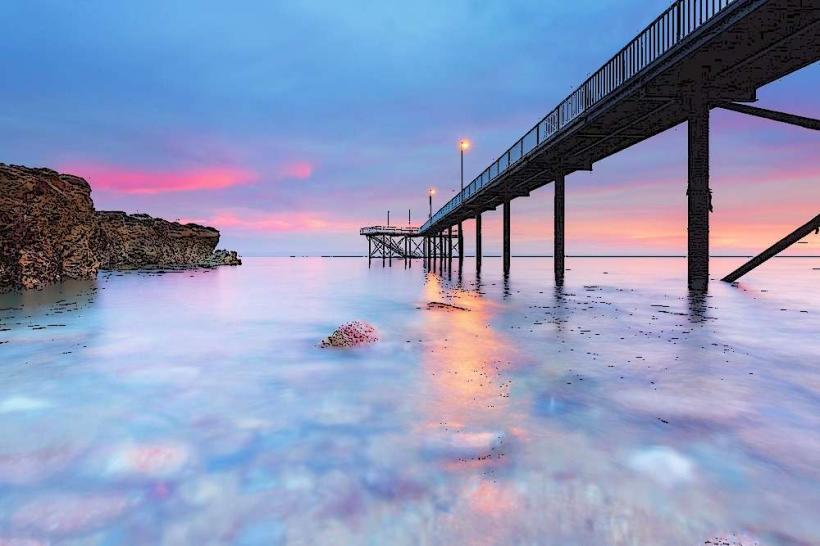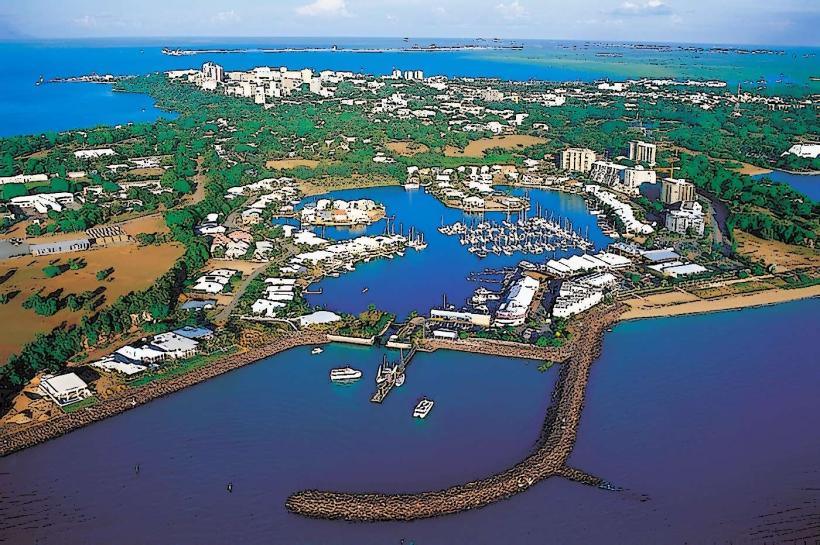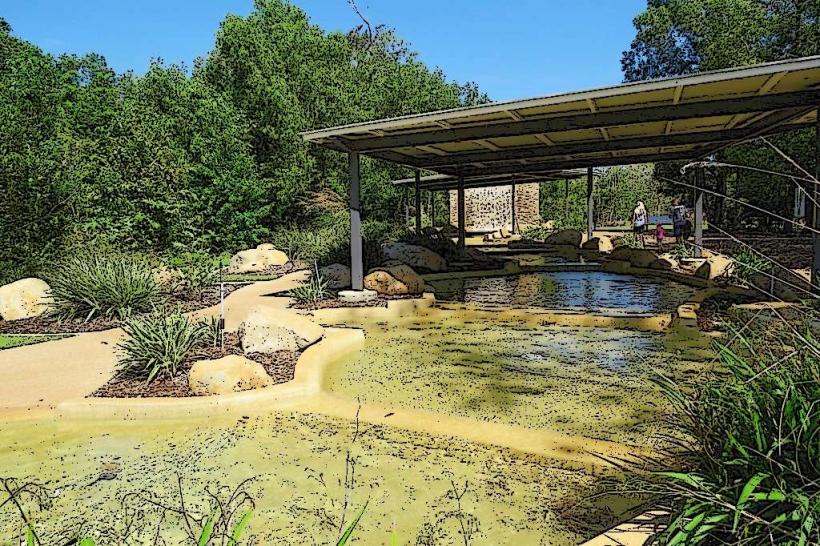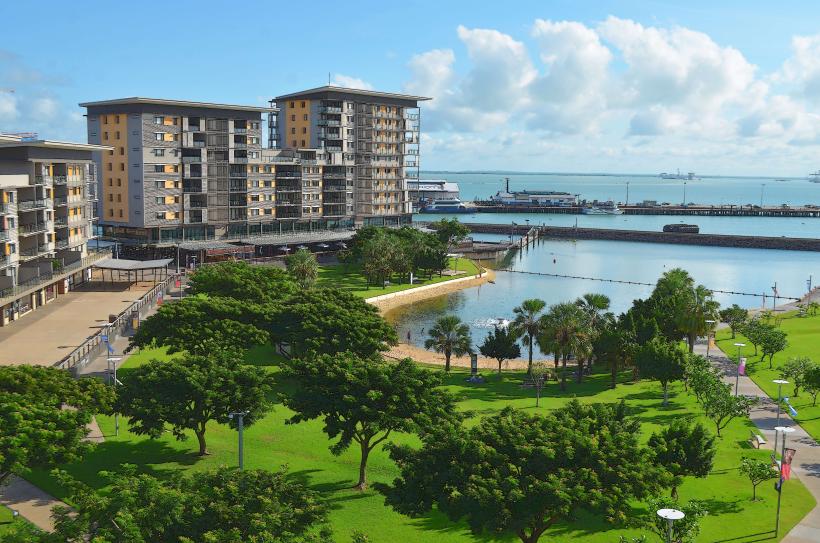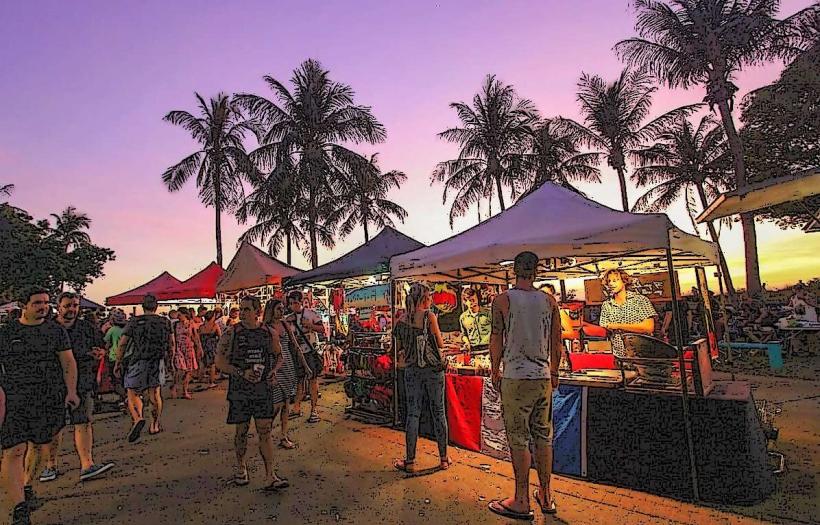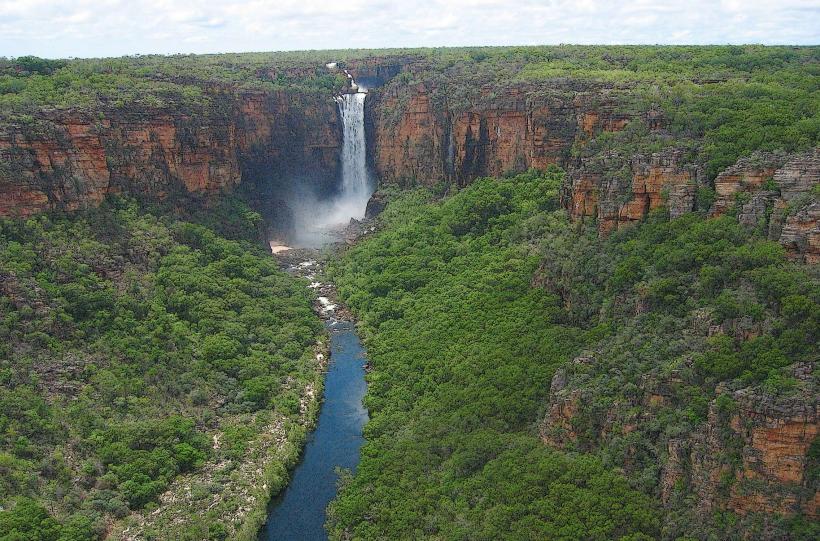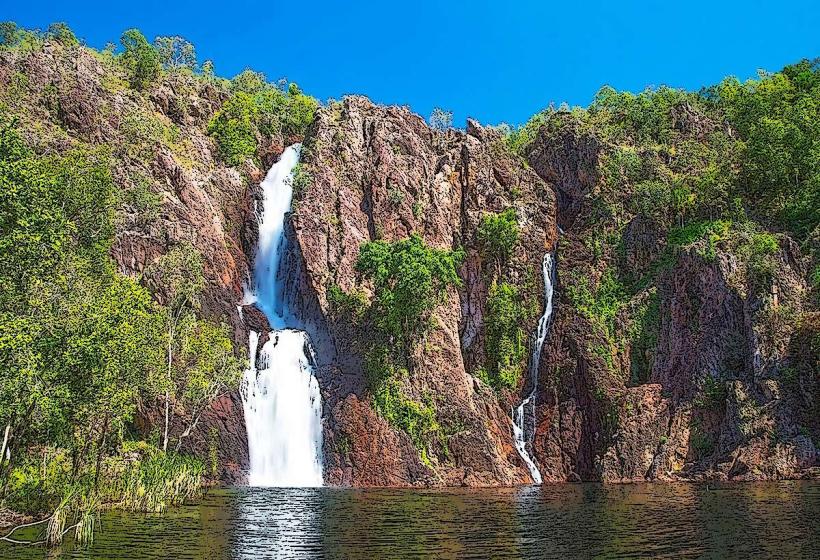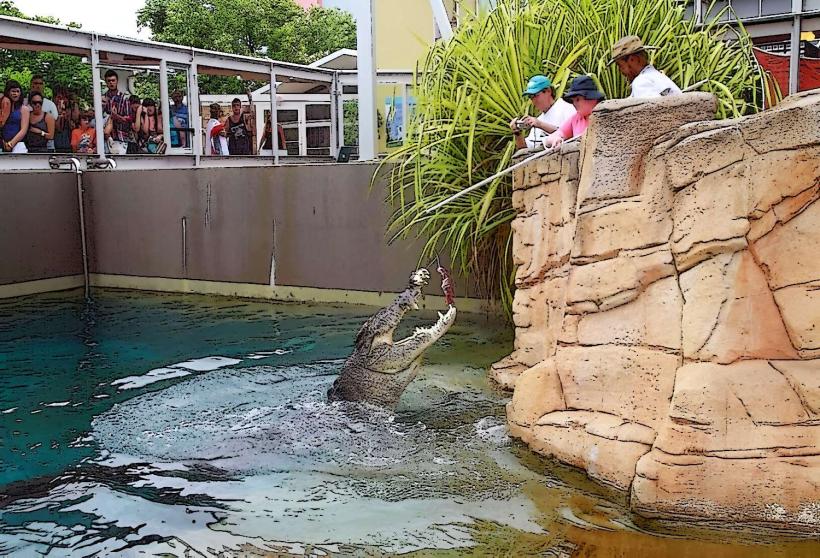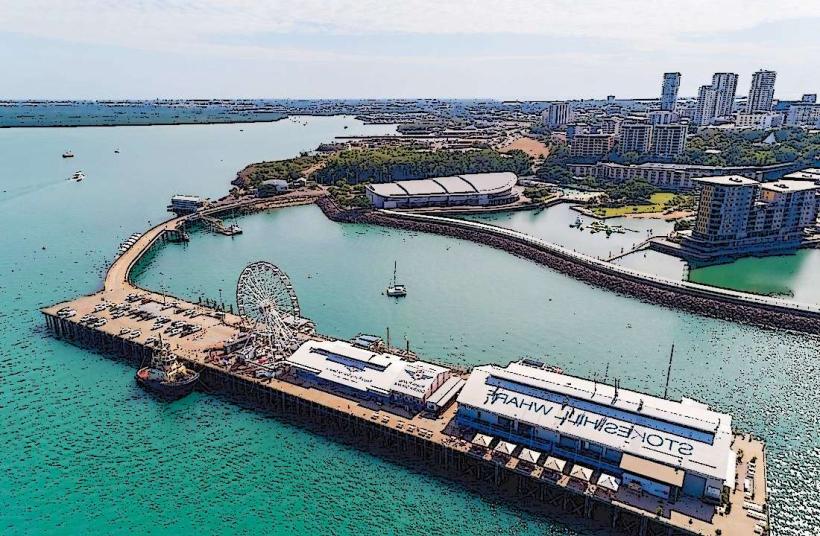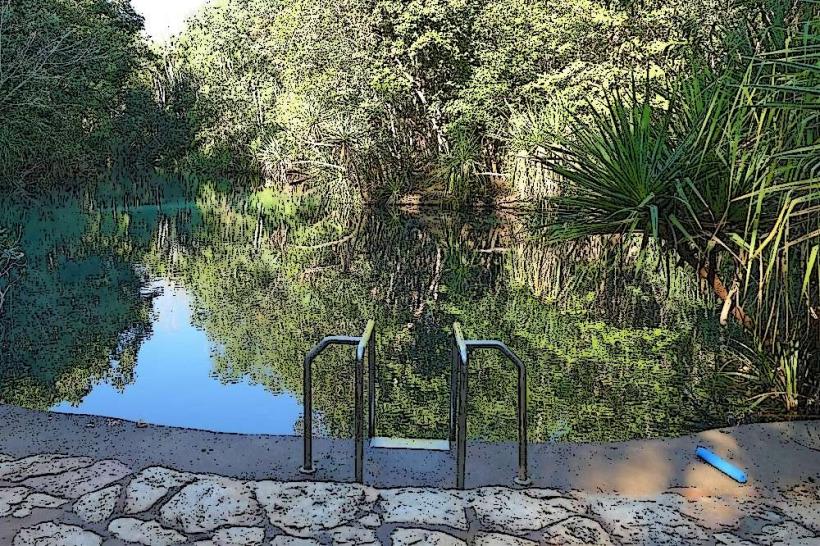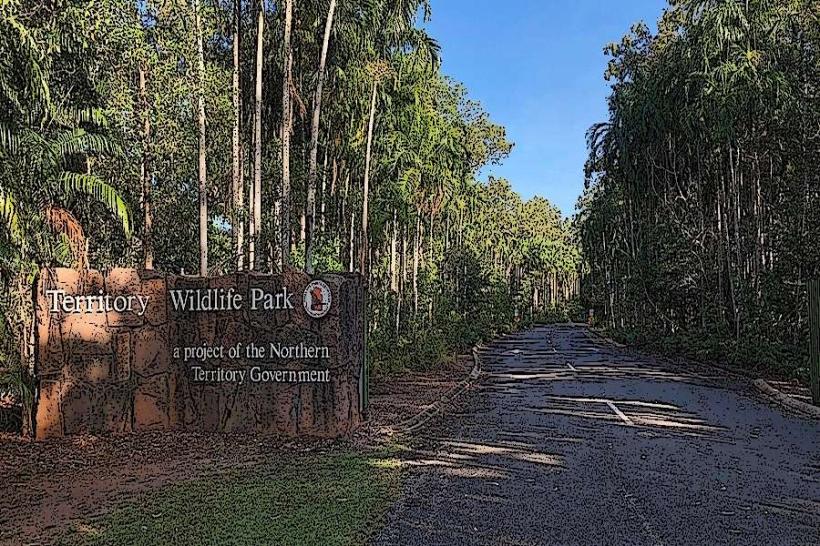Information
Landmark: Museum and Art Gallery of the Northern TerritoryCity: Darwin
Country: Australia
Continent: Australia
Museum and Art Gallery of the Northern Territory, Darwin, Australia, Australia
The Museum and Art Gallery of the Northern Territory (MAGNT) is the premier cultural institution in Darwin, offering a rich collection of art, natural history, maritime archaeology, and indigenous heritage. It is one of the most significant museums in Australia, showcasing the unique history, environment, and culture of the Northern Territory.
1. Overview of MAGNT
Established: 1966
Location: Bullocky Point, Darwin, Northern Territory
Collections: Over 1.2 million natural history specimens, 30,000 pieces of art and cultural artifacts, and an extensive archive of historical documents.
Famous Exhibit: Sweetheart the Crocodile – A preserved 5.1-meter saltwater crocodile
MAGNT is located along the scenic Darwin Harbour, offering breathtaking waterfront views while immersing visitors in Aboriginal art, maritime history, and local wildlife exhibits. The museum’s diverse exhibitions provide an in-depth look at the Northern Territory’s past and present, including its unique wildlife, extreme weather events, indigenous traditions, and maritime history.
2. Major Exhibits and Attractions
A. Aboriginal Art and Culture
The museum houses one of the largest collections of Indigenous Australian art, particularly from the Tiwi Islands, Arnhem Land, and the Central Desert.
Traditional and contemporary works include paintings, bark art, ceremonial objects, and sculptures.
The museum regularly hosts special exhibitions featuring Aboriginal artists and storytelling about Dreamtime legends and cultural traditions.
B. Sweetheart the Crocodile
One of the museum’s most famous exhibits is Sweetheart, a 5.1-meter saltwater crocodile that became notorious in the 1970s for attacking fishing boats in local waterways.
After being caught in 1979, Sweetheart unfortunately drowned, but its body was preserved and put on display.
The exhibit provides fascinating insights into crocodile behavior, conservation efforts, and human-wildlife interactions in the Northern Territory.
C. Cyclone Tracy Exhibit
This powerful and immersive exhibit tells the story of Cyclone Tracy, the devastating storm that struck Darwin on December 24–25, 1974.
Visitors can experience a darkened room where the actual recorded sounds of the cyclone play, giving a terrifying sense of its force.
Archival footage, photographs, and survivor stories illustrate the widespread destruction and rebuilding of Darwin after the disaster.
D. Maritime Archaeology and Shipwrecks
MAGNT holds one of Australia’s largest maritime collections, focusing on shipwrecks, pearl diving, and early European exploration of the Northern Territory.
Highlights include artifacts from Dutch, British, and Indonesian ships that were wrecked along the treacherous northern coastline.
There is a particular focus on Makassan traders from Indonesia, who interacted with local Aboriginal communities centuries before European settlement.
E. Northern Territory’s Natural History
This section explores the unique flora and fauna of the Top End, from giant crocodiles and venomous snakes to rare birds and marine life.
Interactive displays showcase evolution, ecosystems, and conservation efforts in Australia’s tropical north.
Visitors can learn about megafauna that once roamed Australia, including prehistoric crocodiles and giant marsupials.
F. Contemporary and Historical Art
MAGNT frequently hosts rotating exhibitions featuring contemporary Australian and international artists.
The museum is home to the Telstra National Aboriginal and Torres Strait Islander Art Awards (NATSIAA), the most prestigious Indigenous art prize in Australia.
A variety of artworks-ranging from paintings, sculptures, installations, and photography-are displayed throughout the museum.
3. Educational and Interactive Programs
Guided Tours: Free and paid tours are available for visitors who want deeper insights into specific exhibitions.
Workshops and Talks: Regularly hosted events include artist talks, educational programs for children, and cultural storytelling sessions.
School Programs: MAGNT works with schools to provide educational experiences in science, history, and Indigenous culture.
4. Visitor Information
A. Ticket Prices and Opening Hours
Opening Hours:
Open daily from 10:00 AM to 4:00 PM
Closed on Good Friday, Christmas Day, and Boxing Day
Admission: Free for general entry, although special exhibitions may have an entry fee
B. Accessibility
The museum is fully wheelchair accessible with ramps, elevators, and accessible restrooms.
Assistance animals are allowed inside.
C. Best Time to Visit
Weekdays are less crowded than weekends.
Visiting in the morning or late afternoon offers a more comfortable experience, as Darwin can be hot and humid.
5. How to Get There
By Car: Free parking is available at the museum.
By Bus: Public buses run from Darwin city center to Bullocky Point.
By Foot/Bike: The museum is accessible via the waterfront walking path, making it a scenic route for those staying in central Darwin.
6. Why Visit MAGNT?
A rich collection of Indigenous art and history provides insights into the world’s oldest living cultures.
Unique exhibits such as Sweetheart the Crocodile and the Cyclone Tracy experience make the museum a must-see attraction.
Breathtaking harbor views complement the cultural experience, with a nearby café offering refreshments.
Family-friendly and interactive, making it a great educational destination for all ages.
7. Conclusion
The Museum and Art Gallery of the Northern Territory is a must-visit attraction in Darwin, offering a deep dive into the region’s art, history, and natural wonders. Whether you want to explore Aboriginal culture, experience the terrifying sounds of Cyclone Tracy, or learn about the deadly wildlife of the Top End, this museum provides an unforgettable and educational experience.

